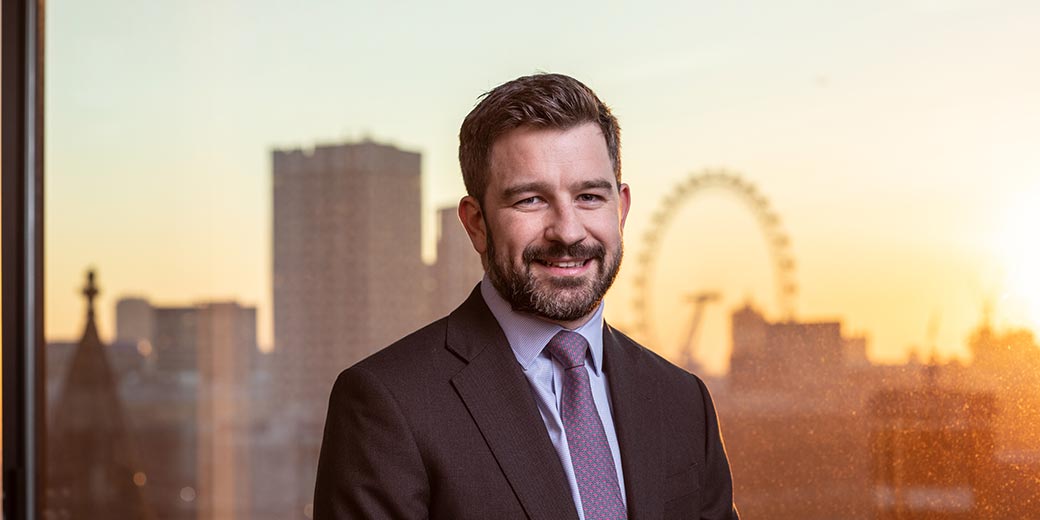I had a catch-up call with a few colleagues the other day. One of my colleagues made an excellent point about how stilted virtual group meetings are. There is almost no spontaneity, as it just leads to interruptions and a period of ‘you speak’, ‘no you speak’ … ***they both speak over each other again***. Instead, conversation is reduced to a monologue and then an invitation for someone else to have a monologue. Catch ups have still been enjoyable, in fact, many of the monologues were entertaining, endearing and familiar, but they are just different from normal conversation. Recently I have had a few catch ups with people that I spoke to regularly in the office but that I’ve not had much interaction with since March last year. Each has been an uplifting experience as we have vented and shared our similar, but idiosyncratic, experiences of life and work over the last year. Conversations that are typical in the office now come with a diary invite, but they are still a welcome break from what can otherwise be a long day of staring at the screen.
I’m not going to talk much about the pandemic. I hope the government has learnt a lesson about expectation management and the road map they have set has a margin of safety, giving room for them to beat expectations and pleasing everyone in doing so!
Whilst conversations have changed during the pandemic, so has the demand for oil. In the UK equity market (FTSE All-Share), the oil and gas producers (O&G) sector accounts for 7.4% of the index. This is meaningfully down from the last cycle peak of 14% in May 2018. At that time, the oil price was only 27% higher than it is today. However, over the last few years it has been broadly recognised that dealing with climate change is up there with the most significant challenges of this generation. This has driven great uncertainty about the future cash flows of O&G companies and a higher cost of capital when discounting them back.
In 2018, BP forecast that peak oil demand would probably be around the mid-2030s. In 2020, they set out three scenarios which suggested that 2019 may have been the peak in oil demand.
A series of coalescing forces have put this change in perspective. Climate change has become a mainstream concern and the world is facing up to the challenge of addressing the mega trend of global warming. This has been building for decades and I can only speculate on why 2020 such a seminal year has been. Perhaps we have all had to acknowledge the limitations of our control over the world due to the pandemic or perhaps any one of the building evidences, images of climate change related disasters and protests from campaigners on our door step have been the straw to break the camel’s back. Whatever the answer, people, governments, investors, and companies are all acting to address climate change.
Governments are embracing the challenge and critically the US has re-joined the Paris accord and China has committed to be net zero by 2060. The COVID-19 pandemic has decimated oil demand but also led to a substantial change in fiscal policy. Governments across the world are going to spend their way out of this crisis and Green investment is a core focus of their policies.
Regardless of whether peak oil consumption is behind us or not, BP and Royal Dutch Shell have set out strategies to reach net zero by 2050. They no longer consider themselves integrated oil companies but rather integrated energy companies. They will be involved in all aspects of energy from production to consumption and look to find where the value is in the chain.
The scale of this reorientation is huge. On the one hand they are brilliant engineers with experience of managing vast, complicated projects with numerous stakeholders and clients. These skills and relationships will be useful as they seek to create value in new fields. On the other hand, they must manage huge uncertainty in their core business and manage its decline whilst harvesting as much cash flow as they can. Capital allocation has arguably never been as important in the sector.
BP’s staggeringly high bid for options on offshore wind acreage stunned the market earlier this month. Their winning bid was 65% higher than the next highest winning bid for a parcel (source The Crown Estate). BP has set a target of 50 Giga Watt (GW) of renewable generation by 2030 and given the time it takes to develop projects there is some urgency to get going. Investors will look at the price paid and question what returns they can generate from these assets. Shell has been more conservative in its approach; it has not set a GW target as it does not want to be pressured into buying assets at the wrong price. To me this seems a more sensible approach.
As the recovery takes hold there is potential for these companies to generate significant cash. This should be used to fund the transition. Management should strive to achieve their goal of net zero and be accountable if they fail to achieve that. However, the best outcome may be to do this by becoming smaller companies, buying back their shares, and focusing only on projects that can create value.
The Long and the Short
The Long
AstraZeneca the global pharmaceutical company has been in the news a lot over the last year as it has helped develop a COVID-19 vaccine alongside the University of Oxford. In the near term the vaccine is not going to be a profit generator as the company has committed to making no profit during the pandemic in all countries and into perpetuity for low- and middle-income countries. However, AstraZeneca has one of the best pipelines of any pharmaceutical company. They spend around 25% of sales on Research & Development, this compares with just 18% for GlaxoSmithKline’s non-consumer divisions and low 20s for European peer, Roche. They are in the process of acquiring cash generative US pharma business Alexion. The combination is expected to have earnings per share growth of 19% p.a. (Source: Bloomberg consensus estimates) over the next 5 years, yet the stock is trading on a mid-teen multiple, which is in line with slower growing peers.
The Short
Just Eat Takeaway, the online food delivery platform, has been a clear COVID-19 winner. With restaurants closed and consumers feeling like they deserve a treat, this company has seen strong demand. However, food delivery is extremely competitive in nearly all markets and some of the peers are very well funded and technically capable. The big winner is the consumer that can shop around between competing platforms using vouchers and price differentials to determine where to spend.
Sources:
The Crown Estate: https://www.thecrownestate.co.uk/en-gb/what-we-do/on-the-seabed/offshore-wind-leasing-round-4/
Carbon Brief: https://www.carbonbrief.org/analysis-world-has-already-passed-peak-oil-bp-figures-reveal
For Professional Clients/ Qualified Investors only – not for Retail use or distribution.
This is a marketing communication and as such the views contained herein do not form part of an offer, nor are they to be taken as advice or a recommendation, to buy or sell any investment or interest thereto. Reliance upon information in this material is at the sole discretion of the reader. Any research in this document has been obtained and may have been acted upon by J.P. Morgan Asset Management for its own purpose. The results of such research are being made available as additional information and do not necessarily reflect the views of J.P. Morgan Asset Management. Any forecasts, figures, opinions, statements of financial market trends or investment techniques and strategies expressed are, unless otherwise stated, J.P. Morgan Asset Management’s own at the date of this document. They are considered to be reliable at the time of writing, may not necessarily be all inclusive and are not guaranteed as to accuracy. They may be subject to change without reference or notification to you. It should be noted that the value of investments and the income from them may fluctuate in accordance with market conditions and taxation agreements and investors may not get back the full amount invested. Changes in exchange rates may have an adverse effect on the value, price or income of the products or underlying overseas investments. Past performance and yield are not a reliable indicator of current and future results. There is no guarantee that any forecast made will come to pass. Furthermore, whilst it is the intention to achieve the investment objective of the investment products, there can be no assurance that those objectives will be met. J.P. Morgan Asset Management is the brand name for the asset management business of JPMorgan Chase & Co. and its affiliates worldwide. To the extent permitted by applicable law, we may record telephone calls and monitor electronic communications to comply with our legal and regulatory obligations and internal policies. Personal data will be collected, stored and processed by J.P. Morgan Asset Management in accordance with our EMEA Privacy Policy www.jpmorgan.com/emea-privacy-policy. Prior to any application investors are advised to take all necessary legal, regulatory and tax advice on the consequences of an investment in the products. Investment is subject to documentation, which is comprised of the Prospectus, Key Investor Information Document (KIID) and either the Supplementary Information Document (SID) or Key Features/Terms and Conditions. These documents, together with the annual report, semi-annual report and instrument of incorporation are available free of charge from JPMorgan Asset Management (UK) Limited. This communication is issued by JPMorgan Asset Management (UK) Limited, which is authorised and regulated in the UK by the Financial Conduct Authority. Registered in England No: 01161446. Registered address: 25 Bank Street, Canary Wharf, London E14 5JP.
0903c02a82b066be







